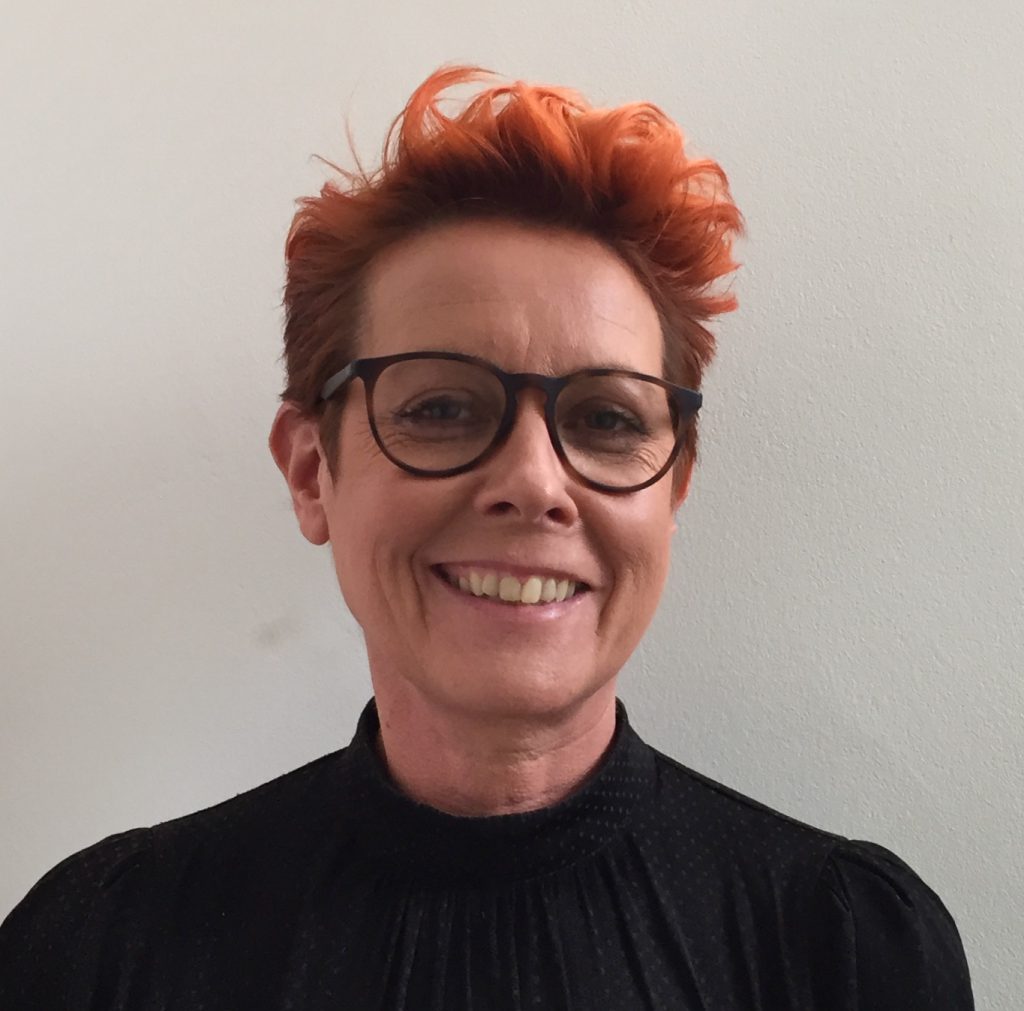
Sarah has worked therapeutically with children, young people and families for over 30 years in substance misuse, youth offending, family assessment, children’s centre and school settings. Here, she reflects on 5 things she has learnt about children and young people’s mental health over her career:
1. It’s not always all about talking
Children will express themselves in all sorts of ways – through their play, art, or other behaviour. When they’re babies we’re so used to playing alongside them and noticing everything they do, but as they get older, we often tend to stop looking so closely at what their play involves.
I’ve often reminded parents that you don’t always have to sit down and have a talk with a child to understand what’s going on with them. Noticing, commenting and taking part in what they’re doing can help you glean an awful lot about how they are.
2. Young people will follow their own timeframes… which might be very different from yours
Children and young people will pick the time when they feel comfortable to share their feelings with you, and the important thing is to make it clear that you’re available when they need you. I remember working with one mum who was very anxious about her daughter because she wasn’t talking about how she felt about her parents’ separation. Over the weeks, the mum would sit down with her daughter and try to instigate conversations… all to no avail. Then about six months after she’d stopped, her daughter opened up in the aisle of a supermarket as they were doing the weekly shop!
3. All adults have a role to play
Even if you’re not a parent yourself, you can still have a role in supporting the children and young people in your life – whether you work with young people, or you’re an aunty, an uncle, or even a neighbour. Children can sometimes share their emotions in an unexpected way, so we can also be ready to listen when we are needed.
4. Children and young people can be surprisingly resilient
Children and young people can be brilliantly resilient, creative and practical about the challenges they face. There’s a lot that we can learn from them.
I remember working with one child shortly after his mother died. Everyone at school expected him to be overwhelmed by grief, but he actually fluctuated in and out of his sadness.
I worked with the school staff to help them understand the need for flexibility, which allowed him the space to express his grief and still engage with school life.
5. Finally… always remember to look after yourself
I can’t say this one enough: it is so important to look after yourself! It’s all too easy to forget when we are busy and juggling many commitments, but “role-modelling” how to cope during difficult or stressful times can be incredibly helpful.
One example would be if you’ve had a stressful day, you could say “I’ve had a really tough day at work, so I think I’m going to call a friend who always cheers me up, or I’m going to have a nice relaxing bath.”
Demonstrating healthy ways of coping with stress and other difficult feelings will set a great example for your children. This will also help them to feel confident in your strength to cope with whatever they might want share with you.
Place2Be is a charity partner of Heads Together that provides in-school support and expert training to improve the emotional wellbeing of pupils, families, teachers and school staff. Find out more about its work at www.place2be.org.uk
